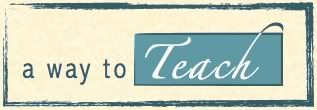ClassJump offers schools their own websites here at ClassJump.com. With that, it is designed to help provide information to teachers, students, and parents while they are visiting teacher sites while on ClassJump.com. With a school site at ClassJump, you will take total control over your teacher access for your specific school. In addition, ClassJump gives students and teachers permission to create and edit content on their site.
For the benefit of the teachers, ClassJump allows schools to create sites on the school website that is private and only accessible to teachers. The private area of the site can contain news, documents, a calendar, and blogs that only teachers can access.
For the benefit of teachers and students, ClassJump comes in handy when teachers need to send out emails immediately and can do so by the bulk by using his or her teacher/student email lists. It is also useful for sending out alerts and notices. In addition, students are allowed to send emails to his or her teachers just the same.
To gain the best understanding of ClassJump.com, it provides the same needs to teachers and students comparable to those of the University of Illinois’ “Compass” or “Moodle”.




